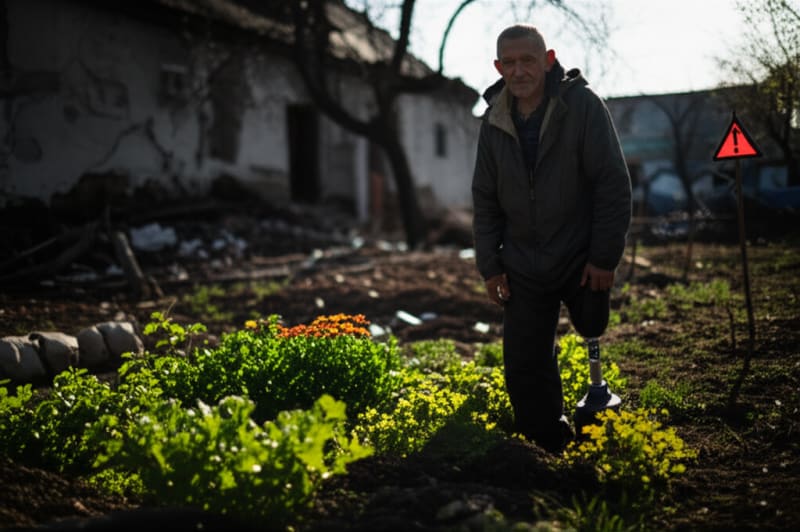Ukraine's Hidden Battlefield: Villagers Face a Deadly, Unseen Enemy!
Imagine returning home to find your village a ghost town, haunted not just by ruins, but by an invisible, deadly enemy. This is the harrowing reality for the brave people of Kamyanka, a Ukrainian village scarred by occupation. Their fight for survival isn't just against the past, but against the silent killers lurking beneath their feet. Prepare to be shocked by their untold story of resilience and tragedy.
Written by
pokelistic news



